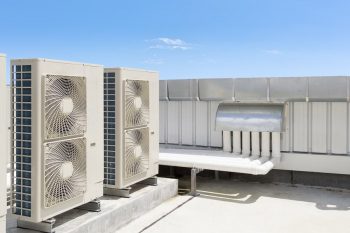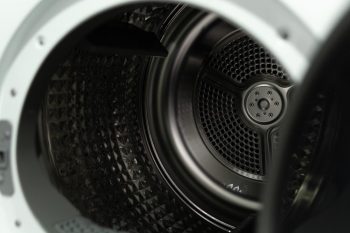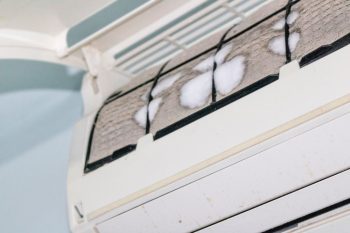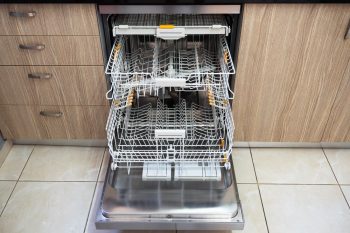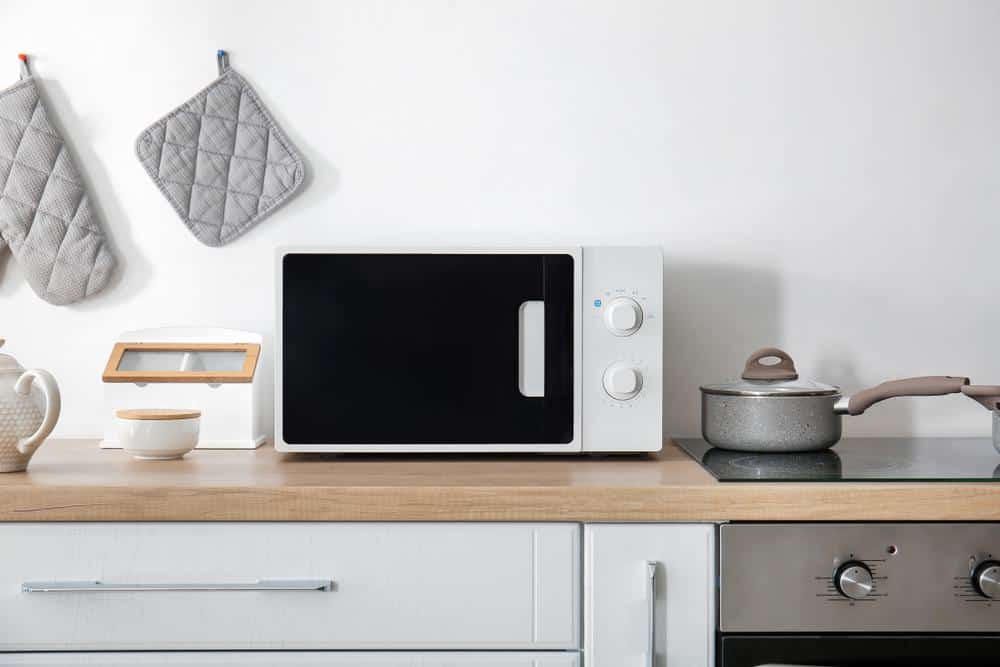
Microwaves are a kitchen staple in many households, and Samsung is a leading brand in this space. However, like any appliance, Samsung microwaves can encounter issues that prevent them from working properly. In this comprehensive guide, we delve into the common problems faced by Samsung microwave owners, how to troubleshoot these issues, and when it’s time to seek professional help.
Your Samsung microwave may not be working due to a variety of issues such as overheating, being stuck in Demo mode, door issues, a faulty turntable motor, control panel issues, or blown fuses. You can troubleshoot these problems by checking for overheating and power loss, disabling Demo mode, inspecting the door, checking for error codes, and testing the microwave’s functions. If these steps don’t resolve the issue, it’s advisable to seek professional help.
Common Samsung Microwave Issues
Samsung microwaves are known for their reliability and advanced features. However, they are not immune to the occasional hiccup. Here are some of the common issues you might encounter:
- Overheating or poor power supply: This can cause the microwave to turn off on its own or not turn on at all.
- Microwave stuck in Demo mode: This mode is used to display the microwave’s features in stores without heating food. If your microwave is not heating up, it could be stuck in Demo mode.
- Door issues: If the microwave door is not completely closed or if the door switches are not functioning properly, the microwave may not work.
- Faulty turntable motor: If the turntable is not turning, this could be due to a worn-out turntable motor.
- Control panel issues: If the microwave has power but does not respond to commands or only certain buttons work, there could be an issue with the control panel.
- Blown fuses: Microwaves have several fuses that protect them from overheating or power surges. If any of these fuses have blown, the microwave might not heat or function properly.
Troubleshooting Your Samsung Microwave
Before resorting to professional help, try these troubleshooting steps:
- Check for overheating and power loss: Ensure that the microwave has proper ventilation and is not overheating. Also, check the power cord and outlet for any issues.
- Disable Demo mode: If your microwave is not heating, disable Demo mode by referring to the user manual or this video.
- Inspect the door: Ensure that the microwave door is properly closed and latched.
- Check for error codes: Samsung microwaves display error codes when there’s a problem. Refer to the user manual or Samsung’s website for a list of error codes and their meanings.
- Test the microwave’s functions: Try using different functions and settings to determine if the issue is specific to one function or if it affects the entire appliance.
When to Seek Professional Help
If you’ve tried all the steps above and your Samsung microwave is still not working, it may be time to seek professional help. Some situations that may warrant professional assistance include:
- The microwave is not turning on or off, and you have checked for power issues and overheating.
- The microwave is still not heating, even after disabling Demo mode and checking the door.
- An error code persists even after power cycling the microwave.
- The microwave has no power at all, and you have checked for common issues such as a blown fuse or a faulty power cord.
Preventative Maintenance
By performing regular maintenance tasks, you can prevent common issues and prolong the lifespan of your Samsung microwave. Some preventative maintenance tips include:
- Regularly clean the microwave, including the filters underneath, to prevent buildup of grease and debris.
- Check for proper ventilation to prevent overheating.
- Avoid operating the microwave without food to prevent damage to the magnetron tube or glass tray.
In conclusion, while Samsung microwaves are generally reliable, they can experience issues from time to time. By understanding these issues and knowing how to troubleshoot them, you can keep your microwave running optimally for longer. If in doubt, always consult a professional or Samsung support for assistance.
Frequently Asked Questions
What does it mean if my Samsung microwave displays an error code that is not listed in the user manual or on Samsung’s website?
If your Samsung microwave is displaying an error code that is not listed in the user manual or on Samsung’s website, it is likely a more complex issue that requires professional attention. In such cases, it’s best to contact Samsung support or a trusted appliance repair service.
How do I clean the filters underneath my Samsung microwave?
You can clean the filters underneath your Samsung microwave by first removing them. This is usually done by simply sliding or popping out the filters. Then, you can wash them with warm water and a mild detergent. Make sure to thoroughly dry the filters before reinserting them. Always refer to your user manual for specific instructions.
What should I do if my Samsung microwave is still in warranty and it’s not working?
If your Samsung microwave is still under warranty and it’s not working, you should contact Samsung customer service directly. They will guide you through the process of claiming your warranty, which may include troubleshooting, repair, or even replacement of the unit.
Can I replace the blown fuses in my Samsung microwave myself?
While it’s technically possible to replace the blown fuses in your Samsung microwave yourself, it’s generally not recommended unless you have experience with appliance repair. Microwaves can store a dangerous amount of electricity even when unplugged, and improper handling can lead to injury or further damage to the appliance. It’s best to leave this task to a professional.
How often should I clean my Samsung microwave?
It’s recommended to clean your Samsung microwave at least once a week, or more often if you use it frequently. Regular cleaning prevents the buildup of food debris and grease, which can cause odors and affect the performance of the microwave.


